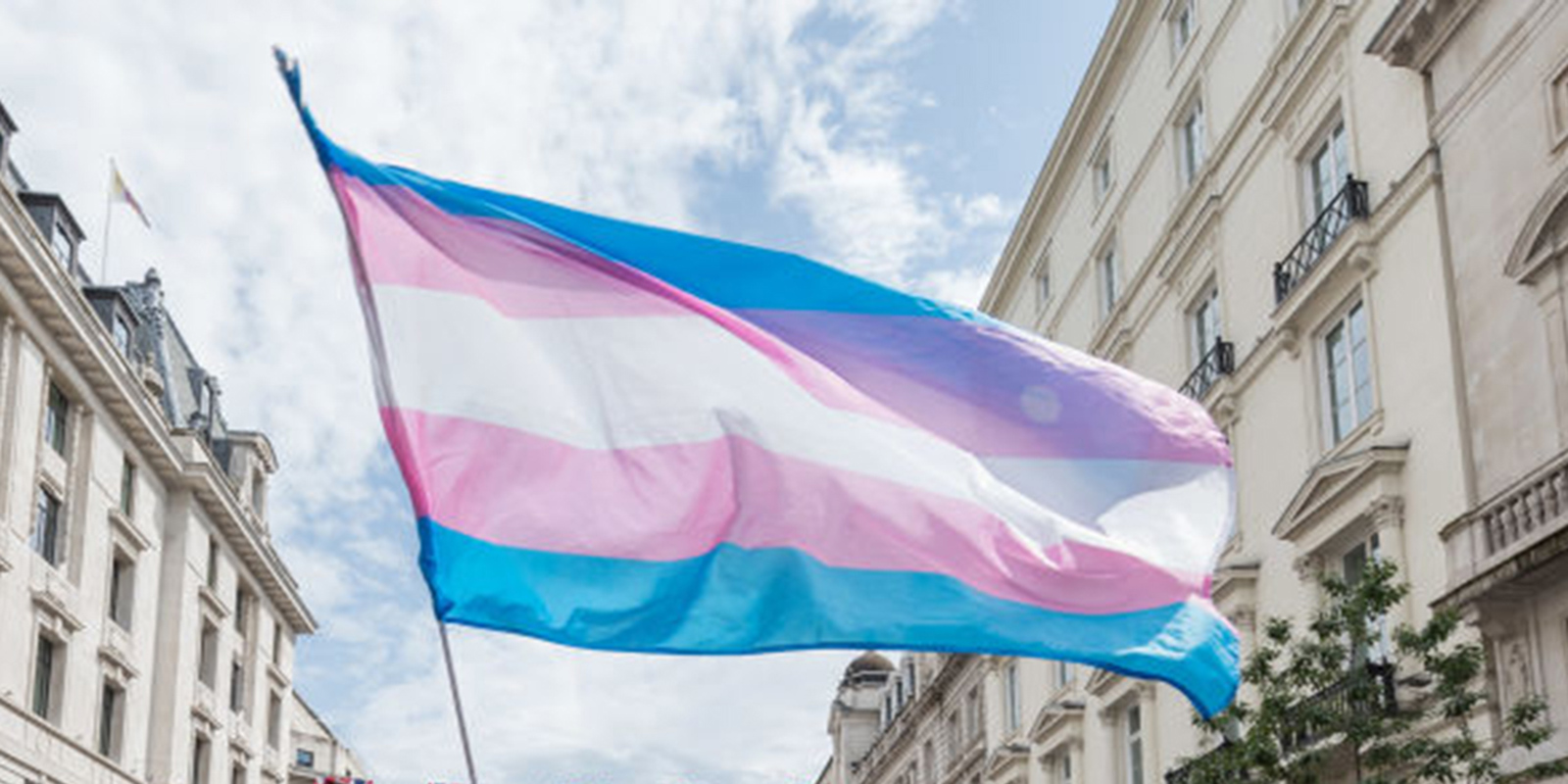Amnesty International Canada will make legal arguments in a court case challenging an anti-2SLGBTQQIA+ name and pronoun policy in Saskatchewan schools.
On 22 July, the Court of Appeal of Saskatchewan approved Amnesty International Canada’s request to participate in a court hearing about controversial recent amendments to the Education Act. The new policy requires Saskatchewan students under 16 to receive parental consent to have their gender-affirming names and pronouns used in schools by teachers and other education workers.
Saskatchewan government invoked notwithstanding clause when passing school pronoun policy
When passing Bill 137 in Fall 2023, the province invoked the notwithstanding clause in the Canadian Charter of Rights and Freedoms to prevent the law from being struck down even if it violates the Charter. The UR Pride Centre, a Regina-based non-profit providing services and programming to 2SLGBTQQIA+ people across Saskatchewan, is now challenging the law in court.
‘The notwithstanding clause is not a license to discriminate against children and youth and avoid the scrutiny of the courts.’
Ketty Nivyabandi, Secretary General, Amnesty International Canada
“The notwithstanding clause is not a license to discriminate against children and youth and avoid the scrutiny of the courts.
“The notwithstanding clause is not a license to discriminate against children and youth and avoid the scrutiny of the courts,” said Ketty Nivyabandi, Secretary General of Amnesty International Canada’s English-speaking section. “We thank UR Pride for championing the rights of 2SLGBTQQIA+ children in Saskatchewan who have been endangered by the government’s discriminatory pronoun policy.”
The issue before the Court of Appeal of Saskatchewan is whether the challenge can ultimately go to trial. In February, a lower-court judge ruled that UR Pride’s constitutional challenge can proceed despite the government’s use of the notwithstanding clause – a decision the province promptly appealed.
For its part, Amnesty International Canada will argue that the use of the notwithstanding clause must align with Canada’s obligation to uphold the right to an effective remedy. In other words, the notwithstanding clause does not preclude a person whose rights have been violated from seeking or receiving legal redress. Amnesty will make its case in a 15-page written submission, due to the court by 16 August.
Anti-2SLGBTQQIA+ education policies in Saskatchewan, New Brunswick and Alberta
Amnesty International Canada has publicly condemned education policies in Saskatchewan, New Brunswick and Alberta that make it harder for trans and non-binary children to have gender-affirming names and pronouns recognized in schools and that risk stifling discussion of gender identity and sexual diversity in the classroom
During the Rainbow Week of Action in May 2024, Amnesty International Canada, along with the Society of Queer Momentum and other 2SLGBTQQIA+-led organizations, encouraged elected officials to take a clear stand and action against anti-2SLGBTQQIA+ hate and for a freer and more equitable Canada. Echoing these joint recommendations, Nivyabandi said, “Canada must urgently develop programs and plans to support 2SLGBTQQIA+ inclusion in schools and address ongoing misinformation, bullying, and harassment experienced by 2SLGBTQQIA+ students.”
Amnesty International Canada is represented by Gib van Ert and Dahlia Shuhaibar on a pro bono basis. We thank them for their time and expertise.






















